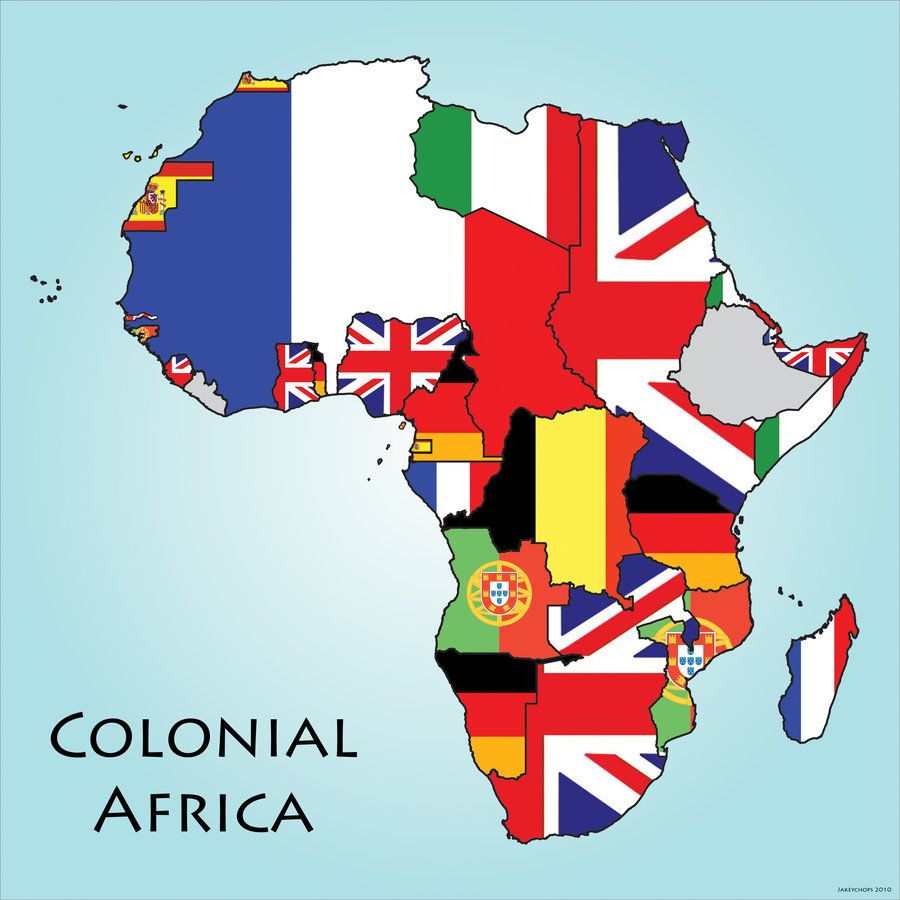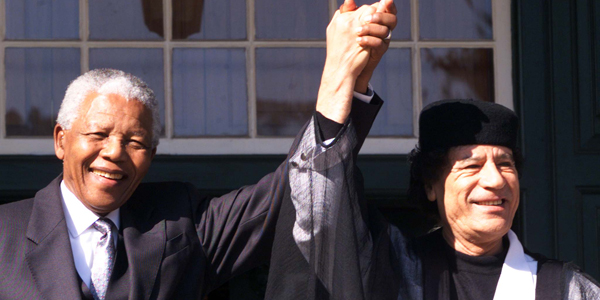Introduction
The African continent has a long history of colonisation by foreign powers, leaving behind a legacy of exploitation and poverty. The colonial masters imposed their rule, exploiting the rich resources and labour of Africa while disregarding the well-being of its people. Despite gaining independence, many African nations continue to grapple with poverty, and their leaders often struggle to transcend the expectations of the continent. One leader who envisioned a united and prosperous Africa was Muammar Gaddafi, whose tragic assassination by Western forces hindered his vision from becoming a reality. This article is intended to take you through some of the influence colonial rule had in African countries.

Overexploitation by Colonial Masters
During the colonial era, European powers exploited Africa’s vast natural resources and forced labour to fuel their own economies. This extractive system led to plundering valuable minerals, including gold, diamonds, and oil, without adequate compensation to African communities. The slave trade, too, left an indelible mark on the continent’s history, with millions of Africans forcibly taken from their homes to work in plantations across the Americas.
Poverty and Leadership Inefficiencies
After gaining independence, many African nations faced immense challenges in building sustainable economies and stable societies. The colonial legacy of resource exploitation left many countries economically dependent and impoverished. Additionally, post-colonial leadership inefficiencies and corruption further hindered progress and development. Mismanagement of resources, lack of infrastructure, and inadequate education and healthcare systems have perpetuated poverty across the continent.

Gaddafi’s Vision for Africa
Muammar Gaddafi, the former leader of Libya, had a grand vision for Africa’s future. He believed in Pan-Africanism, advocating for unity among African nations to overcome colonial legacies and assert their independence on the world stage. Gaddafi envisioned a United States of Africa, where African nations would unite politically and economically, promoting self-reliance and solidarity.
Gaddafi actively supported various initiatives aimed at fostering African unity and development. He proposed the establishment of an African Central Bank and an African Monetary Fund to strengthen economic ties and reduce reliance on foreign institutions. He also advocated for the use of a common African currency, the “Gold Dinar,” to promote trade and mitigate the negative effects of Western financial influence.

Addressing the challenges faced by Africa
1. Promoting Good Governance: Encouraging accountable, transparent, and inclusive governance to reduce corruption and ensure that resources are utilised for the benefit of all citizens.
2. Economic Diversification: Supporting initiatives that promote economic diversification and industrialisation to reduce reliance on a few primary commodities and foster sustainable development.
3. Investment in Education: Prioritising education and skill development to empower the youth and enhance human capital, which is crucial for sustainable growth.
4. Infrastructure Development: Investing in infrastructure projects, such as roads, energy, and internet connectivity, to facilitate economic development and regional integration.
5. Private Sector Development: Creating an enabling environment for the private sector to thrive, encouraging entrepreneurship, and attracting foreign direct investment.
6. Debt Relief and Aid Efficiency: Advocating for responsible lending practices, debt relief, and ensuring aid is effectively used to target poverty reduction and development.
7. Strengthening Regional Cooperation: Fostering regional integration and cooperation to address common challenges and boost intra-African trade.
8. Peace and Conflict Resolution: Supporting efforts to resolve conflicts and promote peace, stability, and security in the region.
9. The West should leave African countries to manage their resources and stop further exploitation.
10. Introduction of a single currency in Africa and mandating any country that wants to trade with them to trade in that currency.

These solutions require commitment and collaboration from African governments, international partners, civil society, and the private sector to create a positive and sustainable impact on Africa’s development and liberation from neo-colonial influences.
Summary
The overexploitation of Africa by colonial masters left a lasting impact on Africa, perpetuating poverty and underdevelopment. The struggles of African leaders to rise above these challenges have hindered progress. Muammar Gaddafi’s vision for a united and prosperous Africa offered hope for the continent’s future, but his assassination by Western forces cut short his efforts. Despite the challenges, Africa’s potential remains vast, and with a renewed commitment to good governance, economic empowerment, and unity, the continent can overcome its past and shape a brighter future for its people.